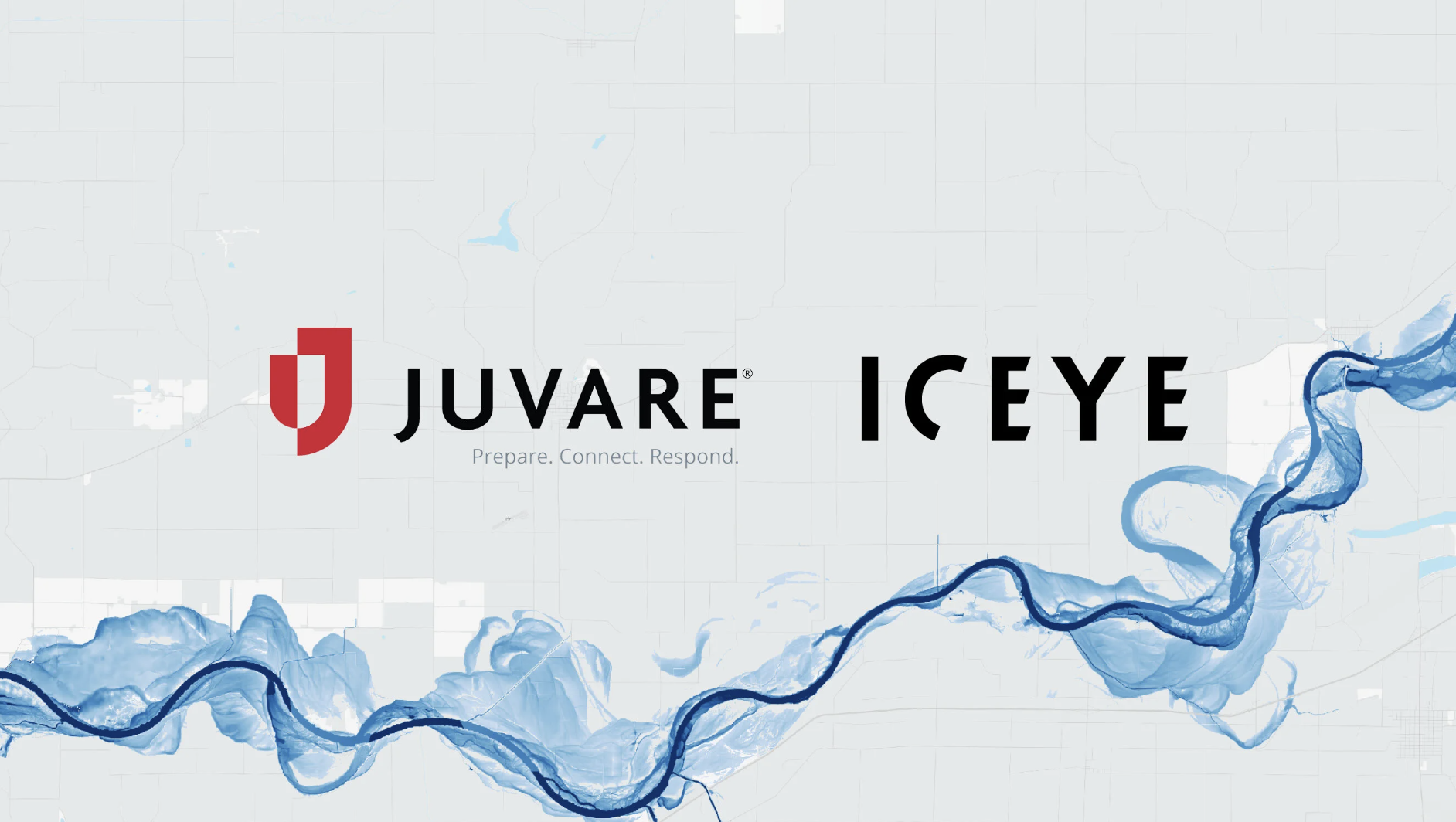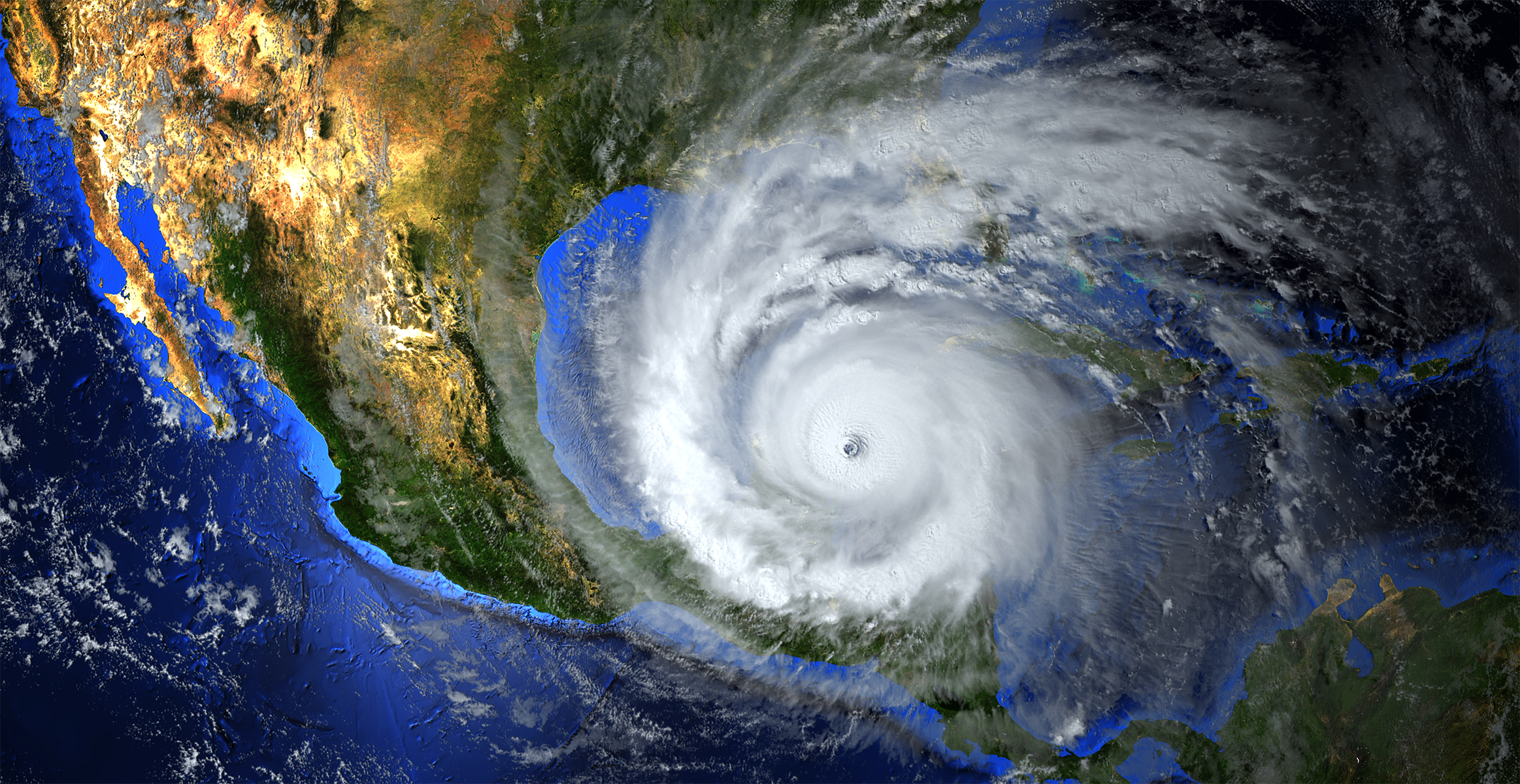In a groundbreaking announcement, the U.S. Department of State recently offered a $10 million reward for information leading to the identification of Russian cyber operatives targeting critical infrastructure across the United States. This substantial reward highlights the level of threat posed by cyberattacks on essential systems that form the backbone of national security, economic stability, and public safety. From power grids to healthcare networks, critical infrastructure stands at the frontline of modern conflict.
Cyber Threats Against Critical Infrastructure
Cyberattacks on critical infrastructure are particularly destructive because they target sectors essential for everyday life. The fallout from even a single attack on critical systems can be wide-reaching and devastating, impacting everything from energy supplies and transportation systems to healthcare services. Recently, ransomware attacks on hospitals and water systems have underscored just how vulnerable these sectors can be.
As wars increasingly shift from physical battlefields to digital landscapes, it’s clear that the need for effective cybersecurity measures has never been more urgent. With actors around the world targeting these systems, safeguarding our infrastructure is no longer just an IT issue but a matter of national security.
The Future of Cyber Warfare
Cyber warfare has entered a new phase, where the line between private and public sectors in defense is blurred, and critical infrastructure has become a central target. With state-sponsored actors leading complex cyber campaigns, the future of warfare will increasingly revolve around cyber dominance. Defending these essential systems will require unprecedented collaboration across government, industry, and technology partners, leveraging expertise and innovation to safeguard against emerging threats.>
As the stakes continue to rise, Juvare stands with industry and government leaders, committed to reinforcing cybersecurity in critical infrastructure. By developing advanced emergency management software, we are not only preparing our clients for today’s threats but also building the foundation for a secure tomorrow.
Rising Threats from Russian Cyber Operatives
The cyber operatives targeted by this U.S. reward announcement are reportedly linked to Russian state-sponsored groups that have demonstrated high levels of sophistication in their attacks. These groups are notorious for their relentless focus on critical infrastructure systems, leveraging advanced tactics that include malware deployment, ransomware, and phishing campaigns designed to exploit vulnerabilities within essential networks. Their goal is often to destabilize vital sectors such as energy, transportation, finance, and healthcare, where any disruption could yield widespread economic and societal impact.
In recent years, these Russian groups have been connected to notable cyber incidents that have affected global infrastructure and intensified concerns about the vulnerabilities in critical systems. Some of their methods include deploying malware like NotPetya and BlackEnergy, which have been used to paralyze entire networks and even bring critical industries to a halt. NotPetya, for instance, caused billions of dollars in damages globally, affecting companies, governments, and healthcare systems alike. These attacks have highlighted the risk posed by state-sponsored cyber operations, which are well-resourced, highly skilled, and increasingly coordinated.
How Juvare Protects Critical Infrastructure
At Juvare, we recognize that defending critical infrastructure requires constant vigilance, cutting-edge technology, and a proactive approach to potential threats. Our emergency management software, designed for seamless communication and real-time response coordination, equips organizations to manage both physical and digital crises. From monitoring for early signs of cyber disruption to coordinating rapid response and recovery, Juvare’s solutions keep teams prepared and operational, ensuring resilience in the face of cyber threats.



















